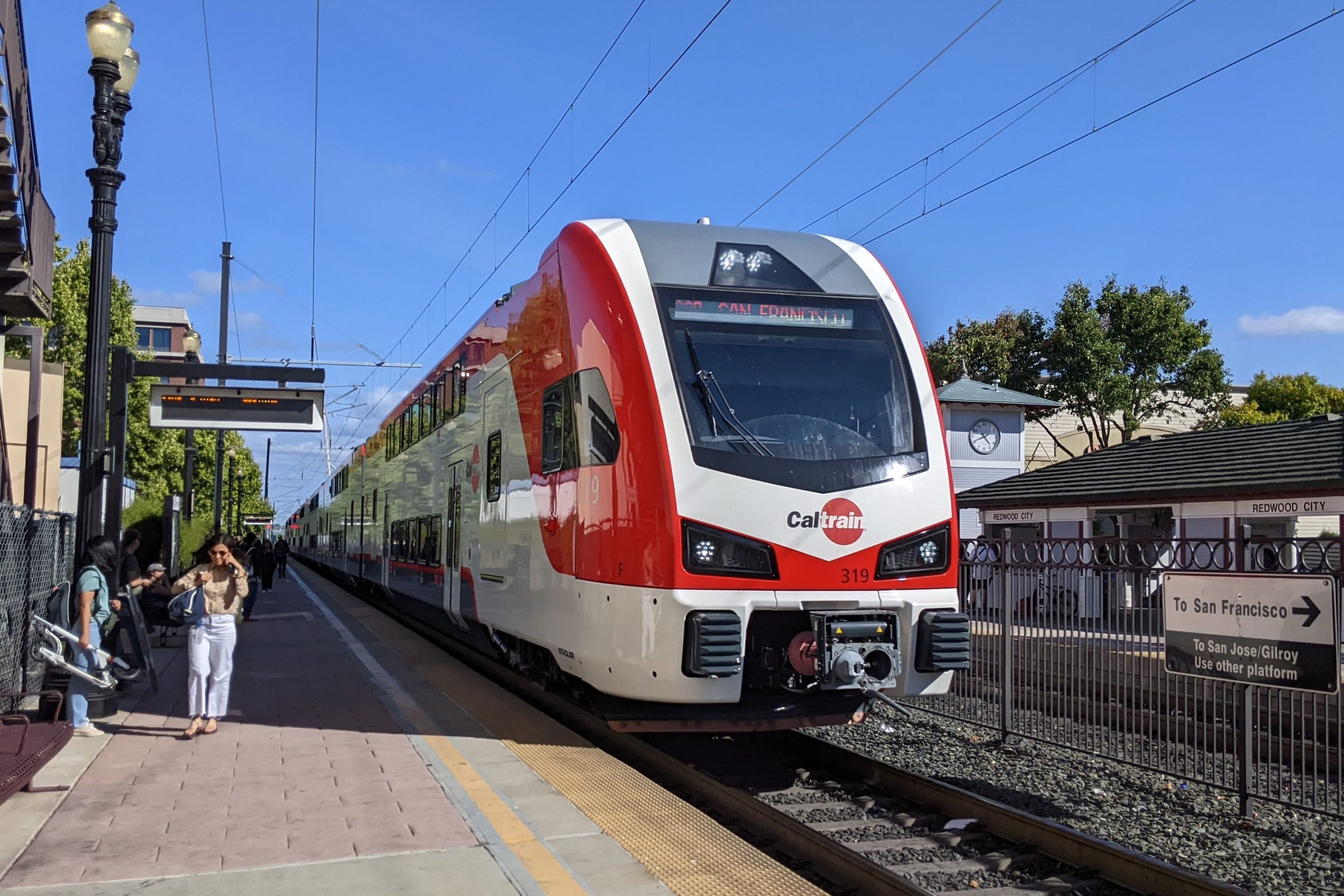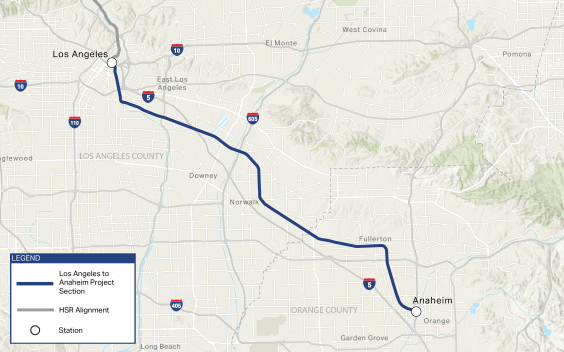As Obama administration adviser Shelley Poticha noted
this week, building more energy-efficient and hospitable cities -- not
to mention suburbs and rural areas -- starts with clear terminology.
"Sustainability" and "livability" are positive concepts that can be
hard to define, but how can "transit-oriented development" be brought
home to someone unfamiliar with the nuts and bolts of policy?
 Weeds spring up near a foreclosed home in Illinois. (Photo: Getty Images)
Weeds spring up near a foreclosed home in Illinois. (Photo: Getty Images)The beginnings of an answer, surprising as it is, lie in an MSN report
with a scary headline: "Is Your Suburb the Next Slum?" In stark terms,
the piece outlines the consequences of a housing (and energy
consumption) boom gone bust:
The one-two punch of a crippling recession and higher gasprices have quelled demand for many of the nation's fringe communitiesfrom Charlotte, N.C., to Sacramento, Calif., while at the same timedemographic trends have begun pushing an aging population back to thenation's urban cores.
That's prompting some planners to predict ahuge surplus of large-lot suburban properties in the years ahead — asmany as 25 million homes by 2030, according to Arthur C. Nelson,presidential professor of city and metropolitan planning at theUniversity of Utah and director of its Metropolitan Research Center.
Not all of these homes will sit vacant, Nelson says. Many of them will be divided up into multifamily rental properties.
"Youwill have two or three households living in these large mansions in thesuburbs," Nelson says, adding that this will bring property values downand put extra strain on public services.
It's
true that an influx of new residents into suburban areas will place new
burdens on local governments. But that's exactly why the office of
sustainable communities that Poticha was appointed to lead and the $4
billion in new development grants now pending in Congress are worthwhile -- even for suburbanites who still crave more space than they need.
As
demographics shift and the recession forces Americans to start living
within their means, mixed-use development like the sort that has kept
Arlington, Virginia, booming
-- will be what helps communities remake themselves. And though that
remaking will mostly occur on the local level, Congress and the
administration can lend a helping hand to those who want it.
Instead of "transit-oriented development," could it be called "saving the suburbs"?





